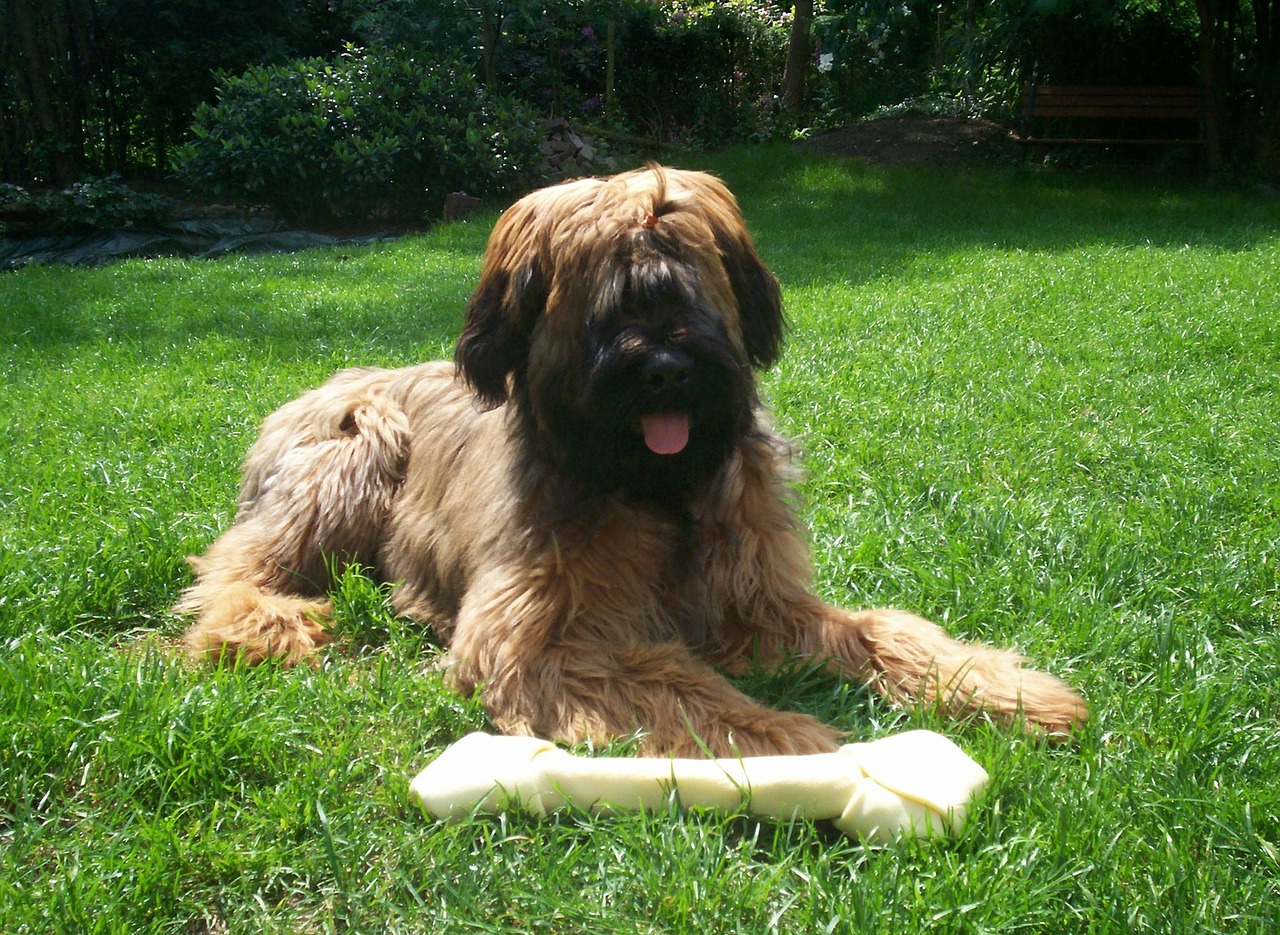The image of a dog burying a bone is equally iconic, capturing the essence of dog behavior that has shocked and delighted owners for generations. This act, far from being just a whimsical habit, is steeped in dogs’ evolutionary history and survival instincts. Understanding why dogs bury their bones requires digging deeper into their ancestral past, examining their instincts, and considering the psychological and environmental factors that influence this behavior. It’s a fascinating mix of instinct, strategy, and adaptation that reveals much about the complex nature of our canine companions. By exploring the reasons behind this behavior, we can gain information about the evolutionary pressures that have shaped dogs over the millennia, offering a glimpse of the survival mechanisms present in domestic dogs today.
conservation of resources
The primary reason dogs bury their bones is the instinct to conserve resources. In the wild, food can be scarce, and the ability to save excess food for later is a valuable survival strategy. By burying bones, dogs mimic the behavior of their ancestors, who hid food to ensure they had food left in times of scarcity. This behavior is driven by the instinct to secure food in a safe place, away from potential thieves or competitors. Even in the comfort of a modern home, where food is abundant, this ancient instinct persists, leading dogs to bury their bones to safeguard their precious resources for future consumption. It forces.
territorial marking
Burying bones is also a way for dogs to mark their territory. The act of burying a valuable item, such as a bone, in their designated territory signals other animals about the boundaries of their domain. Scent marks left through saliva and paw pads during the burrowing process reinforce the dog’s claim to the territory. This behavior is reminiscent of their wild ancestors’ need to establish and maintain territories, an essential aspect of their social structure and survival. Even in the domestic setting, the tendency to define and defend territory in a variety of ways, including burying bones, is a strong driving force behind dogs’ behavior.
natural foraging tendency
The instinct to find food is another important factor that leads dogs to bury their bones. In the wild, dogs are natural foragers and constantly explore their environment for food. Burying bones engages this instinctual behavior, providing a form of mental stimulation and connection with one’s surroundings. Planting and subsequently retrieving the bones simulates the process of foraging, offering a satisfying challenge that satisfies their innate need to search for and secure food. This behavior entertains and engages dogs and serves as a mental exercise, stimulating their cognitive functions and satisfying their deep-rooted instincts.
Relief from anxiety and stress
For some dogs, burying bones may be a way to cope with anxiety or stress. Repeated behavior, including digging and carefully placing a bone, can have a calming effect, distracting from stressful stimuli or boredom. This coping mechanism allows dogs to focus their energy on one task, providing a sense of purpose and relief from anxiety. This behavior may be particularly prevalent in dogs who experience separation anxiety or who do not receive adequate physical and mental stimulation, highlighting the importance of understanding and addressing the underlying causes of stress in pets. .
Sports and Entertainment
Finally, burying bones can be a game and entertainment for dogs. The process of digging and the challenge of finding the perfect place to hide your treasure can be enjoyable activities, providing physical exercise and mental engagement. This playful behavior is a healthy expression of their instincts and provides an outlet for their energy and creativity. It is a reminder of the joy and curiosity that characterize dogs and their ability to find entertainment in simple activities, strengthening the bond between dogs and their owners through shared play and interaction.
The behavior of dogs burying their bones is a multidimensional phenomenon that involves survival instincts, territorial marking, natural food finding behavior, anxiety relief, and playful association. This interesting habit provides valuable insight into the evolutionary background of dogs, showing the complex interplay of instincts, emotions, and environmental factors that influence dog behavior. By understanding why dogs bury their bones, we can better appreciate the depth of their intelligence and emotional lives, fostering deeper, more empathetic relationships with our beloved canine companions. Recognizing and respecting these natural behaviors is important to provide a nurturing and stimulating environment for dogs, ensuring their well-being and happiness.

